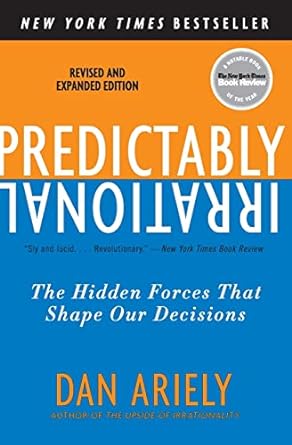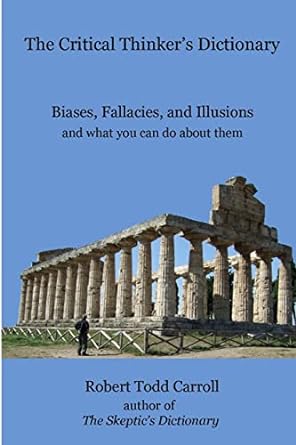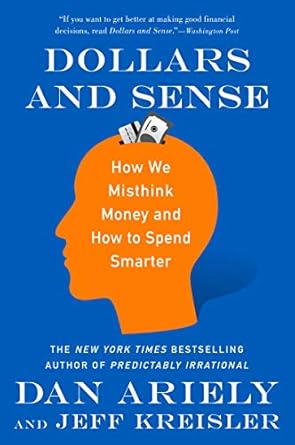Arbitrary Coherence
Once we make a decision about prices of goods, which can be arbitrary, this will shape future decisions about price, making them coherent.
This concept is closely related to Anchoring.
Key Insights & Principles
Decision Making
Insights:- Once we make a decision about the price of something, this will shape future decisions about similar goods.
- We are more irrational than rational.
- Demand is often manipulated by supply side actors, who stand to benefit from free markets.
- The concept and observation of arbitrary coherence means that regulated markets may be optimal for essential services.
- When making decisions, consider how anchors impact those decisions, and how decisions in the present may impact future decisions.



